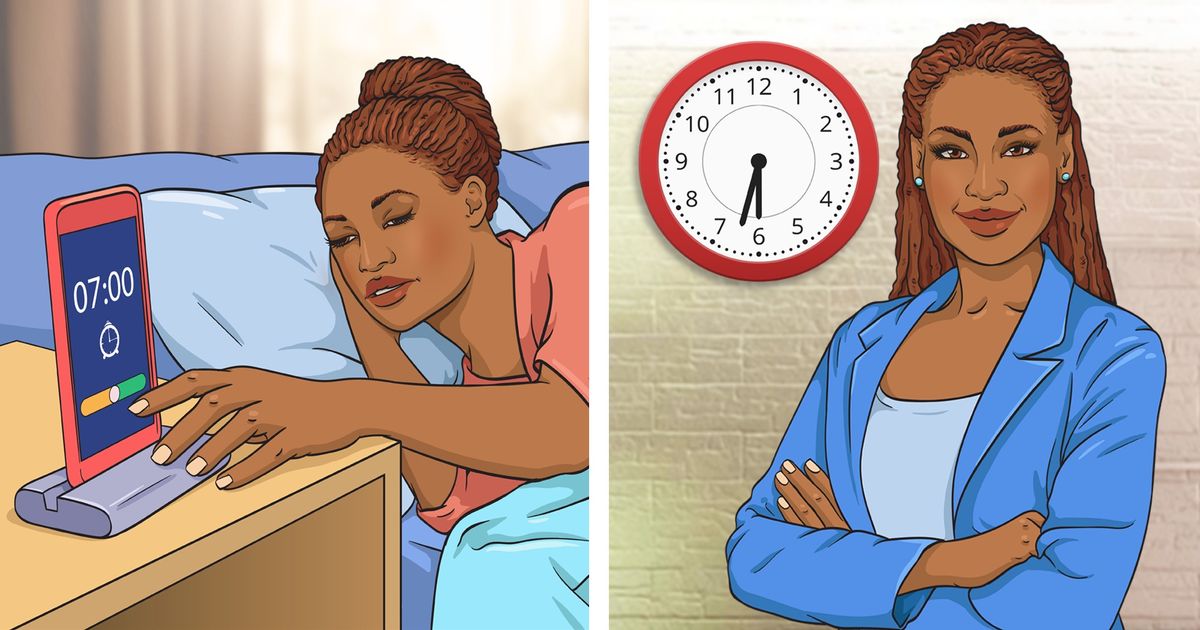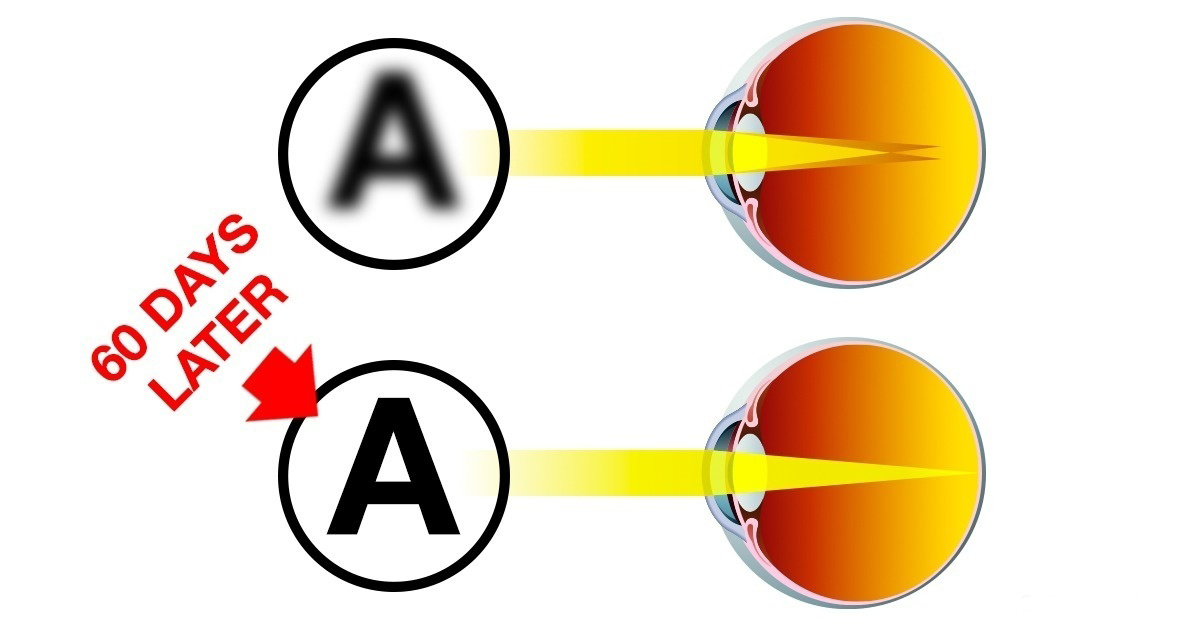We all have daily habits we assume are harmless—or even beneficial. But what if some of these routines are secretly undermining your health? From jarring alarm clocks to obsessive cleaning, certain common practices can have unintended consequences. Let’s dive into four surprisingly harmful habits and explore science-backed alternatives to protect your well-being.
How Alarm Clocks Disrupt Your Sleep Cycle and Increase Chronic Fatigue
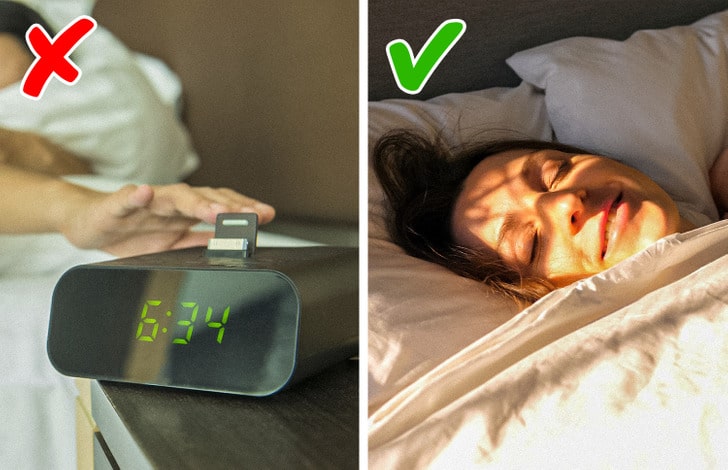
Waking up to a blaring alarm might seem unavoidable, but research suggests it could sabotage your sleep quality. Abrupt awakenings interrupt your natural sleep cycle, particularly during deep REM sleep, leaving you groggy and less alert—a phenomenon called “sleep inertia.” Over time, this disruption is linked to chronic fatigue, mood swings, and even cardiovascular strain.
A study published in the Journal of Clinical Sleep Medicine found that fragmented sleep from alarms can reduce cognitive performance by 30%. Instead, prioritize a consistent sleep schedule that aligns with your body’s circadian rhythm. Tools like sunrise-simulating lamps or apps that track sleep phases (e.g., Sleep Cycle) offer gentler wake-up methods. For shift workers, strategic napping and blackout curtains can mitigate harm.
The Hygiene Hypothesis: Can an Overly Clean Home Weaken Your Immune System?
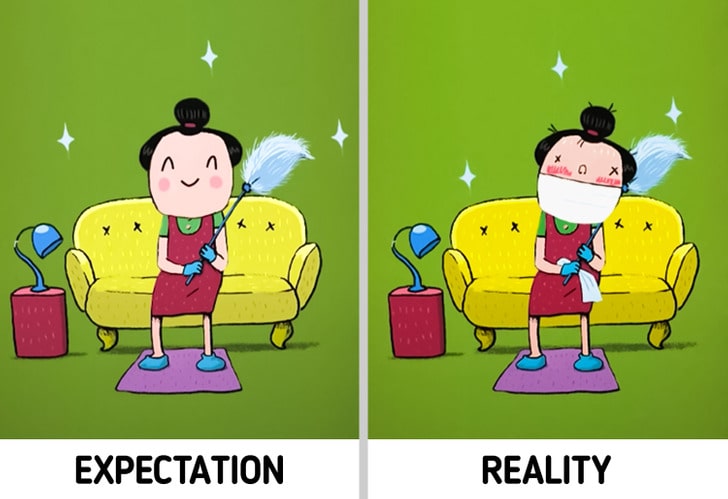
While a spotless home feels reassuring, excessive cleaning may backfire. The hygiene hypothesis argues that limited exposure to microbes in childhood can stunt immune system development, increasing risks of allergies, asthma, and autoimmune disorders. A 2022 NIH study revealed that children in ultra-clean environments had a 40% higher allergy rate than those with pets or rural exposure.
This doesn’t mean living in squalor. Balance is key: use natural cleaners like vinegar and baking soda, allow kids outdoor play, and avoid antibacterial overkill. Focus on high-touch areas (doorknobs, phones) while letting non-critical zones gather benign microbes. Your immune system needs practice to stay strong!
Vitamin Overload: When Supplements Become Dangerous
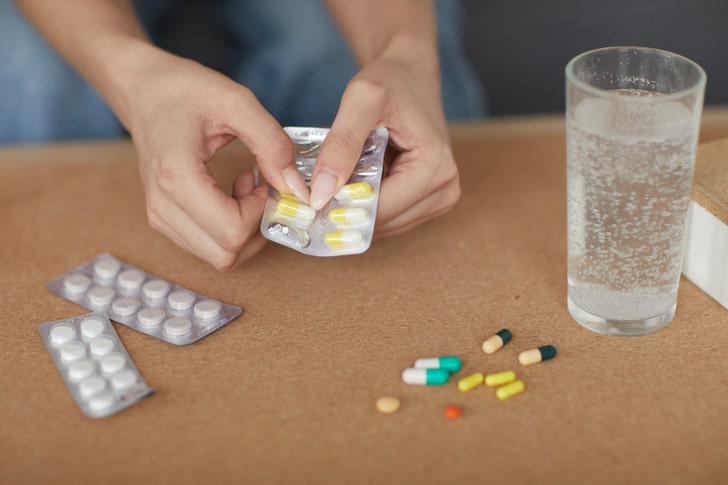
Popping daily vitamins feels proactive, but exceeding recommended doses can lead to toxicity. Fat-soluble vitamins (A, D, E, K) accumulate in tissues, risking liver damage, while excess calcium causes kidney stones. Even “safe” water-soluble vitamins like B6 can trigger nerve damage at high doses.
The Mayo Clinic warns that 30% of Americans unknowingly overdose on supplements. For example, mega-dosing vitamin C offers no cold prevention benefits but can cause diarrhea. Always consult a healthcare provider before starting supplements, and prioritize nutrients from whole foods. Blood tests can identify deficiencies—no guesswork needed.
Nail Care Mistakes: Why Cutting Cuticles and Using Nails as Tools Leads to Infections
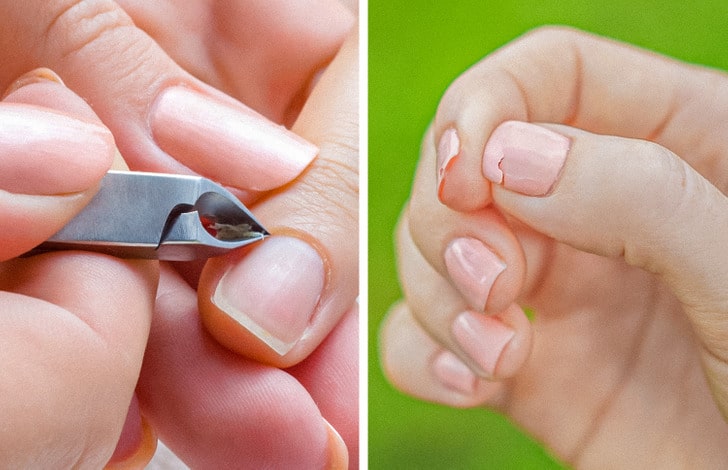
Trimming cuticles or prying open packages with your nails might seem harmless, but these habits invite trouble. Cuticles act as barriers against bacteria; cutting them raises infection risks like paronychia (nail bed inflammation). Similarly, using nails as tools causes microtears, leading to splits and fungal growth.
The American Academy of Dermatology recommends pushing back cuticles gently after a shower and moisturizing with jojoba oil. Keep nails short, and use actual tools (scissors, bottle openers) to avoid damage. For manicure lovers, ensure tools are sterilized to prevent HPV or fungal spread.
Conclusion: Small Changes, Big Health Rewards
Breaking ingrained habits isn’t easy, but the payoff—better sleep, stronger immunity, and fewer infections—is worth it. Start by swapping your alarm for a sunrise lamp, embracing “good enough” cleaning, auditing your supplements, and treating nails with care. Share this guide to help others rethink their routines, and always lean on credible science, not trends, for lasting health.
Further Reading:
Harvard School of Public Health on Supplements
Preview photo credit Shutterstock.com, Depositphotos.com
